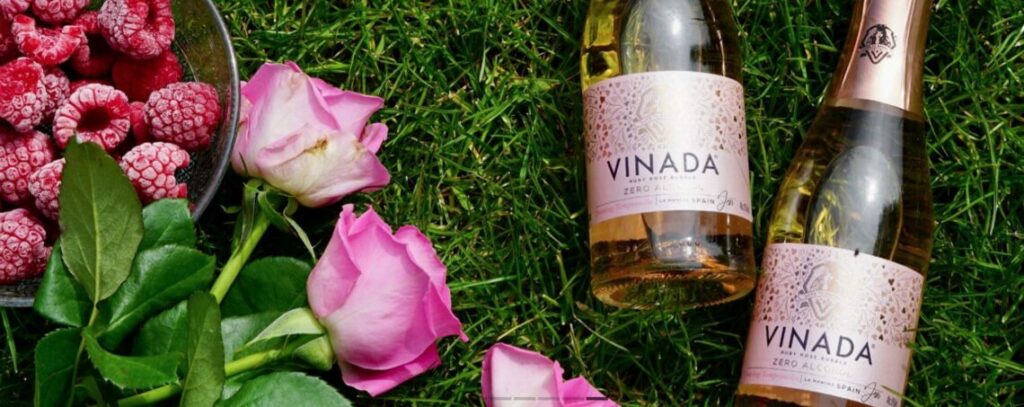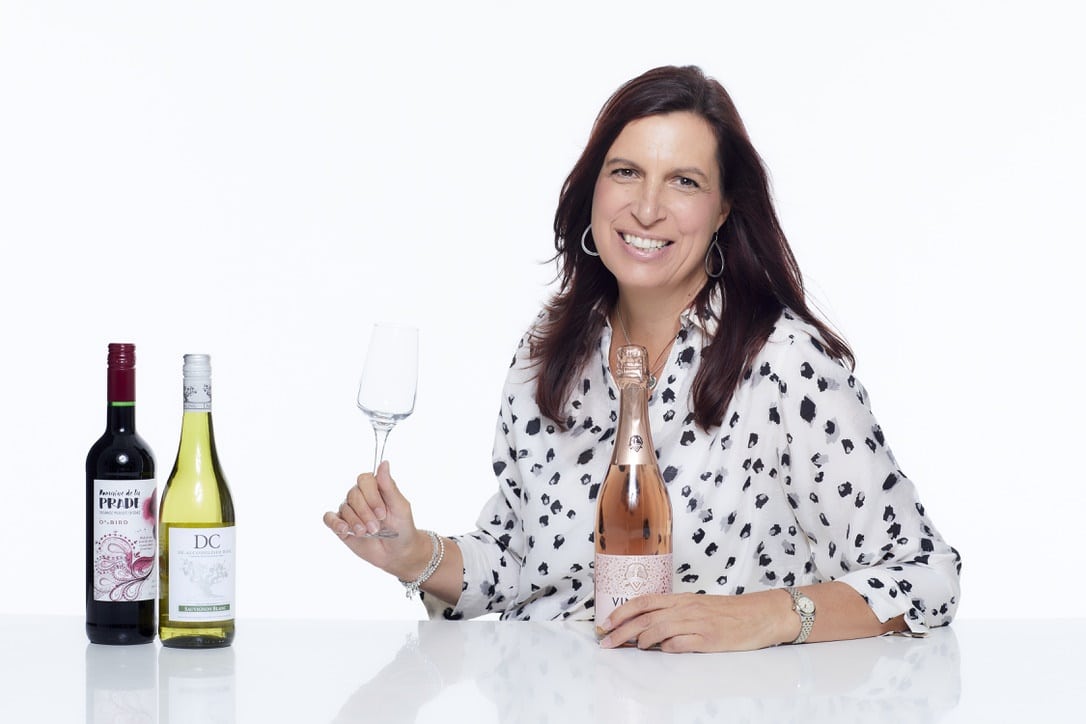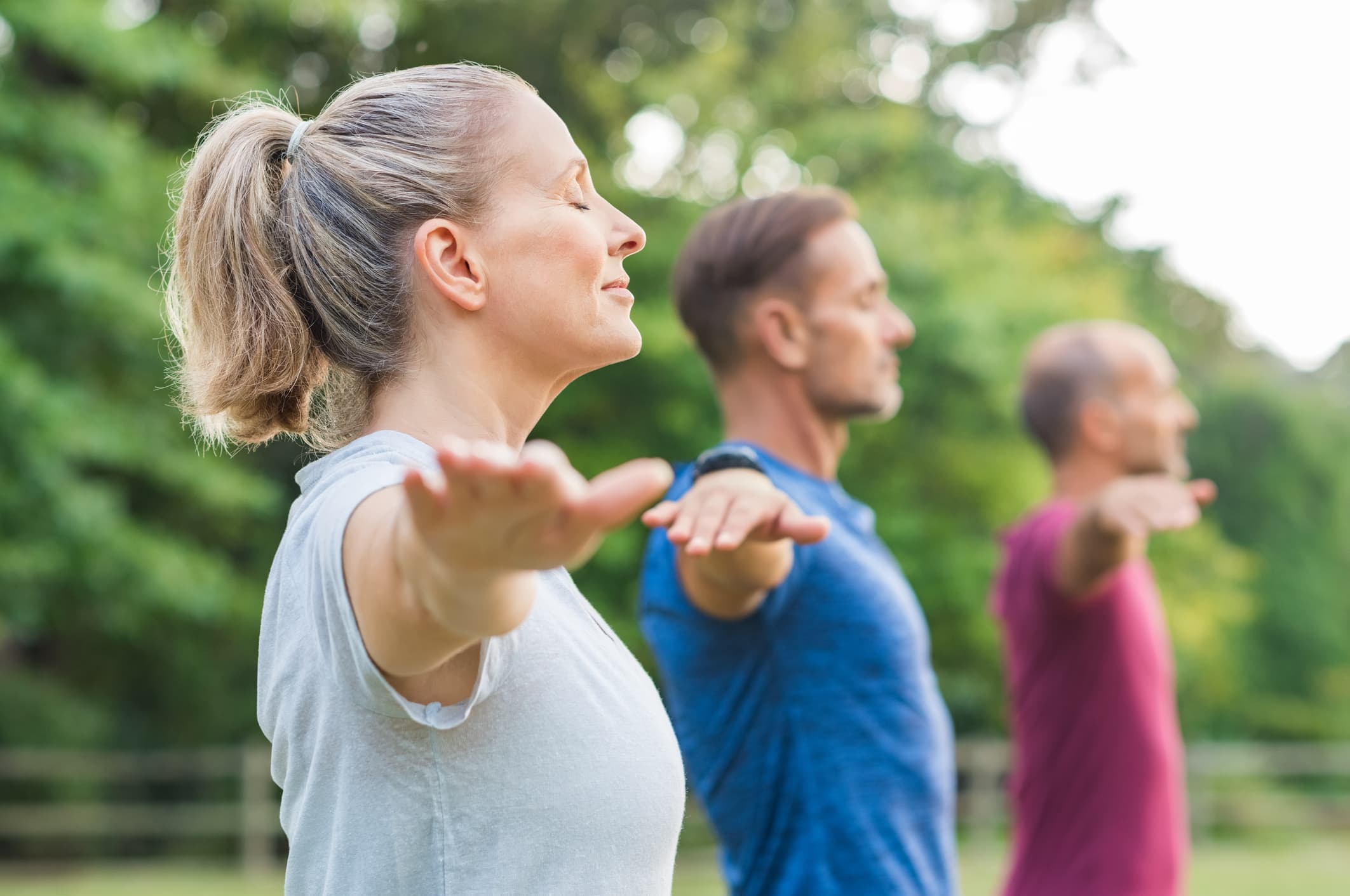Dry January’s organisers say this year one in six UK adults who drink alcohol are taking part in the challenge. With the end of January just around the corner, more and more people are re-evaluating our drinking habits and considering giving up for longer or resolving to cut down.
Here, Emma Harper, founder of Jersey-based, online non-alcoholic drinks business Clarity Wines, talks us through the ever-expanding range of alternatives to alcohol and how they can help us decide what these next steps could be.
Popular campaigns like Dry January or Sober October are the ideal times to encourage people to rise to the challenge of completely cutting out alcohol for an entire month. It’s the perfect time to have a health re-boot and detox. And if you have participated in a sober challenge this month, you may find you have loved your new lifestyle. Perhaps it has made you feel better than ever and you’re not wanting to rush back to drinking again? Or, you may wish to re-introduce alcohol, but at a new level that suits your wellbeing?
With an ever-increasing awareness of the adverse effects of alcohol on the mind and body, more and more people are choosing to cut down or cut out their alcohol consumption and this figure is growing exponentially year on year. This is a global awareness and whilst countries like Australia and the Netherlands are leading the way in terms of the availability of alternative options to alcohol, the UK and indeed the Channel Islands, are not far behind.
It is much easier to resist the temptation of an alcoholic drink if you have non-alcoholic drinks to reach for. The ritual of pouring a grown-up drink into a nice glass will push any feelings of missing out to one side and soon you will be over the craving.
Everyone is different when it comes to what level of alcohol feels right. You don’t have to have a troubled relationship with alcohol, people may choose not to drink for a multitude of reasons. They could be driving, pregnant, menopausal, on medication, saving money, getting healthy or training for a sport. Commonly though, many feel they simply should be drinking less. That may mean a sober commitment, or it may mean cutting down to a level that sits comfortably.
Comfortable levels should be set so, for example, if only drinking at the weekend feels right then this is fine, and you are in control. Being a ‘mindful drinker’ has been written about in countless articles about alcohol consumption and whilst this could just be seen as the new buzzword, it describes perfectly where we should all aim to be – which is aware of and accountable for the amount we drink.
One surprising stumbling block when it comes to how much we drink can be our own peer group. You may feel pressured as you are encouraged to ‘join in’ or ‘not be boring’. How many times have you been asked ‘Why?’ ‘Why are you not drinking? Why are you driving?’, making you feel judged and needing to explain.
At no other point in an evening out are you quizzed about your choices. Fortunately, this is beginning to change as more people are becoming confident enough to state the fact that they simply are ‘not drinking alcohol tonight’. This will in turn remove the stigma that used to be attached to being a non-drinker.
The popularity and awareness of challenges such as Dry January give us a moment of acceptance; friends will support and applaud you and may even join you in the challenge, so these can be ideal times to make a stand. The younger generation generally have a much healthier attitude towards sobriety and consequently, they are more accepting of friends that don’t drink. This is very encouraging.
It has become much easier to not drink when out socialising in the last couple of years as an increasing number of restaurants, hotels and bars have started to add non-alcoholic options to their drinks menu. Whilst it has now become normal to find alcohol-free beers readily available when on an evening out, it is so encouraging to see great quality wines and spirits being introduced too.
Customers want a nice quality wine to have with their meal, it complements the food better and they also feel like they are joining in with the rest of the table with a full wine glass. No-one should dictate whether that wine contains alcohol or not. It is up to each of us, the consumers, to decide.
So, if you decided to embrace the challenge of Dry January and have enjoyed the feeling of wellness, don’t necessarily think that’s a job done or a box ticked. Consider it as an education and learn from how you feel.
Listen to your mind and body and remember it’s not about what you are giving up but about what you can gain.


